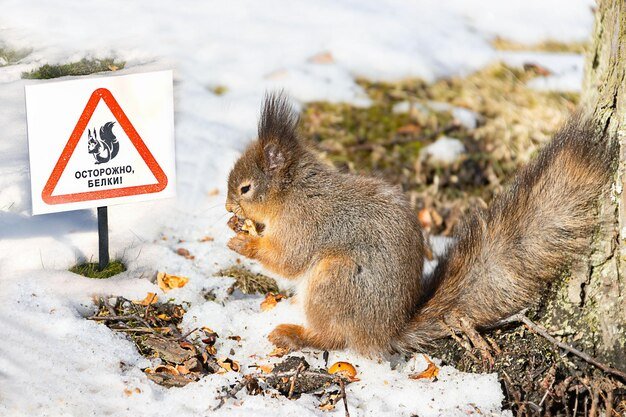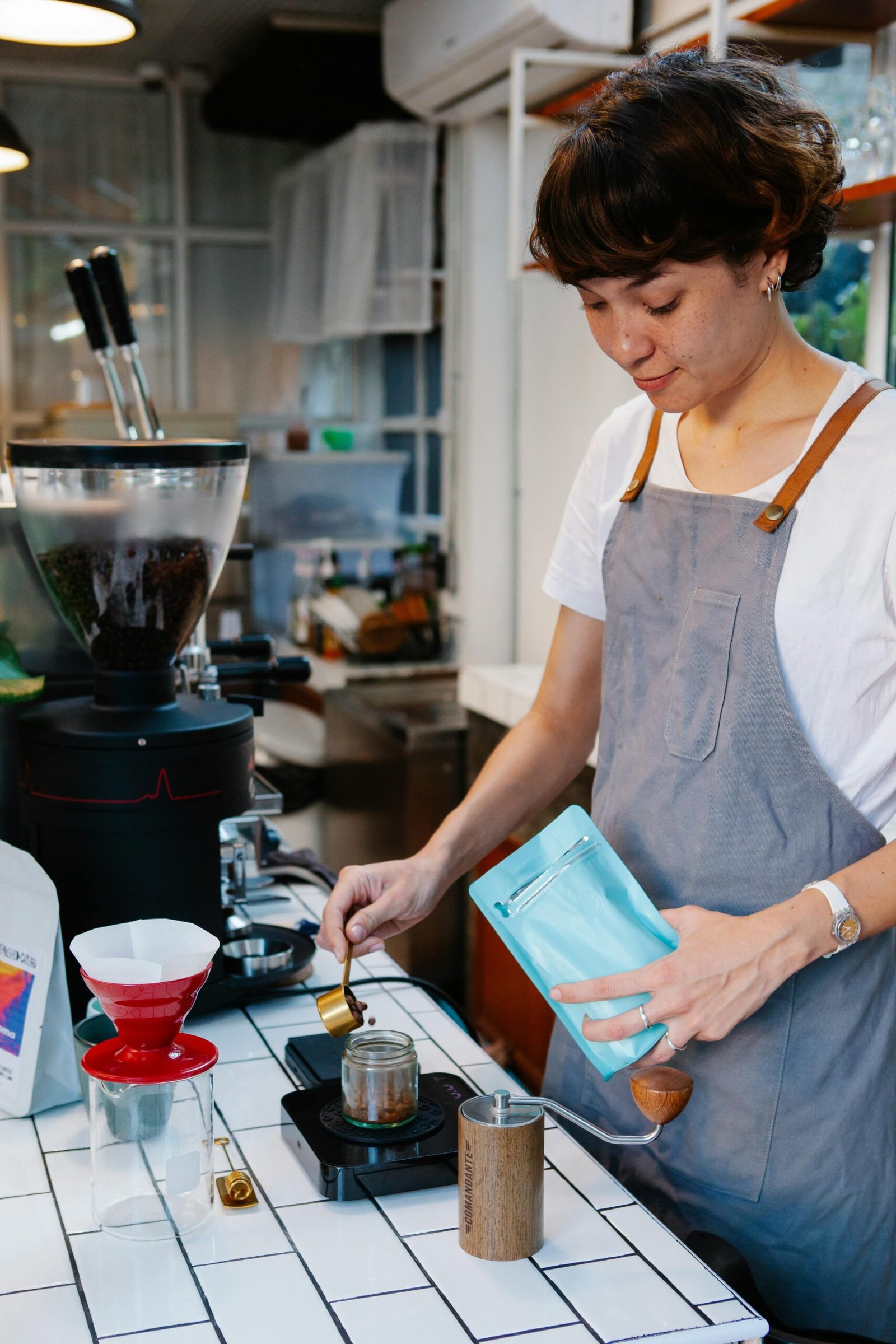Photo Credit (Pixeles)
Alaska’s Anchorage (AP) Thanksgiving dinner, or any supper, cannot be delivered by DoorDash in Alaska’s most isolated areas. However, because of the Alaska Turkey Bomb, some people who live far from the grid are still able to enjoy turkeys this holiday season.
For the third year in a row, a local called Esther Keim has been delivering frozen turkeys to those who are unable to go to the grocery store by flying low and slow in a small plane over rural areas of south-central Alaska.
About 20% of Alaska is reachable by road, making the majority of the state wilderness. Many people who live in isolated places depend on snowmobiles or tiny airplanes to get anywhere during the winter, and frozen rivers can serve as temporary highways.
Growing up on a homestead in Alaska, Keim’s family friend would airdrop turkeys to her family and other neighbors around the holidays. At other times, the pilot would bring Keim newspapers, occasionally with a bag of gum.
Her family still owns the homestead even though they moved to a more urban area of Alaska about 25 years ago. A few years ago, Keim learned about a local off-the-grid family that had little for Thanksgiving dinner, so she started her turkey delivery operation using a small plane she had repaired with her father.
According to Keim, “they told me that a squirrel for dinner did not split very far between three people.” “I thought at that point… “I’ll airdrop a turkey to them.”
She made the decision to continue. Through social media posts and word-of-mouth, her work has expanded. She is delivering 32 frozen turkeys this year to residents of year-round cabins without access to the road.
By Tuesday, all but two had been delivered; Alaska’s erratic weather prevented the delivery of the final two birds.
Dave and Christina Luce, who reside on the Yentna River some 45 miles (72 kilometers) northwest of Anchorage, are among the recipients. They boast breathtaking vistas of mountains in all directions, including Denali, the highest mountain in North America, which is located directly to the north. However, once a month or so, they take a 90-minute snowmobile trek to the closest town during the winter.
Dave Luce stated, “We make fewer and fewer trips now that I’m 80 years old.” “The adventure has kind of lost its edge.”
Keim has been with them since she was a young child. She sent a 12-pound (5.44-kilogram) turkey that will be more than enough for them and a couple of their neighbors.
Dave Luce remarked, “It makes a great Thanksgiving.” “She’s been an amazing friend and a true sweetheart.”
Keim flies up to 100 miles (161 kilometers) from her base north of Anchorage toward the foothills of Denali to deliver 30 to 40 turkeys a year.
She occasionally asks a “turkey dropper” to accompany her and throw the birds out. When her buddy Heidi Hastings is flying her own plane, she is the one dropping turkeys.
Keim uses donations, typically from people contacting her on Facebook, to purchase roughly 20 turkeys at a time. Until she can get a flight, she lets them sit in the bed of her pickup after wrapping them in plastic waste bags.
“Fortunately, Alaska is cold, so I don’t have to worry about freezers,” she remarked.
After informing families via social media about upcoming deliveries, she buzzes the house to get the residents to come outside.
“We won’t drop the turkey until we see them leave the cabin or the house because they won’t know where to look if they don’t see it fall,” she stated.
If there is a lot of snow, it may be very challenging to locate the turkey. According to Keim, the sole casualty to date has been a misplaced ham, but once a turkey went missing for five days before being located.
To make it easier to find, Keim likes to dump the turkey on a frozen lake.
“I am definitely not the best aim in terms of accuracy and hitting our target,” she jokingly said. “I have improved, but I have never struck a person, a dog, a building, or a house.”
The positive reactions she receives from families serve as her reward; some even record her dropping the turkeys and send her thank-you texts and videos.
According to Keim, “they just think it’s so awesome that we throw these things out of the plane.”
In the end, she wants to establish a charity in order to raise more money and connect with more individuals throughout the state. Furthermore, it need not end with turkeys.
She remarked, “There are a lot of children in the villages.” “Adding a stuffed animal or something they can hold would be cool.”




